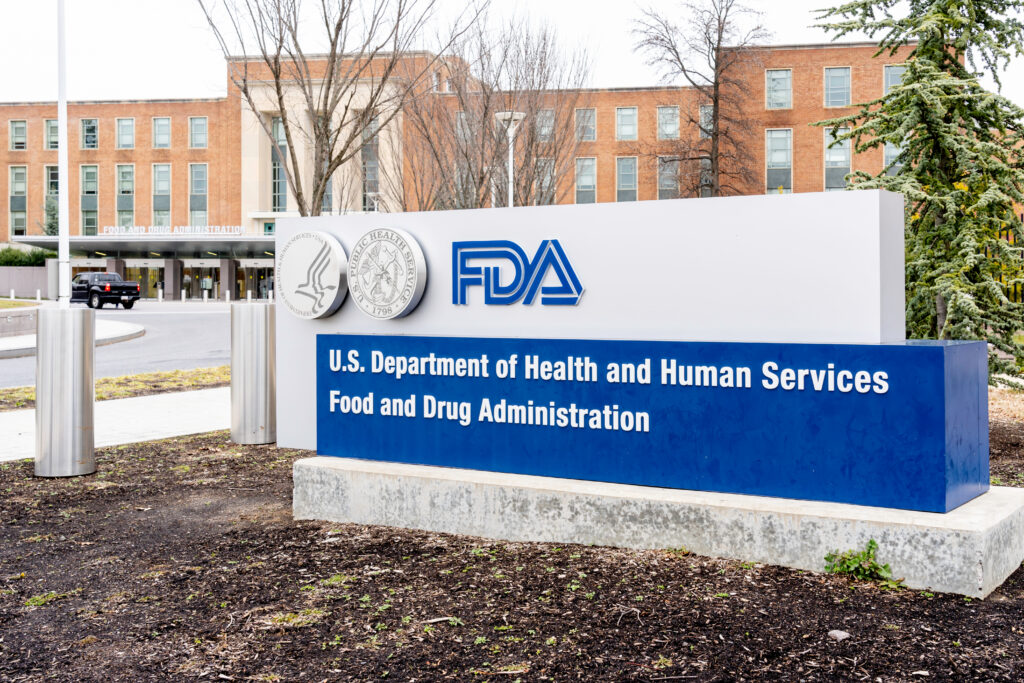The US Food and Drug Administration (FDA) has given authorization to Florida’s Agency for Health Care Administration’s drug importation program under section 804 of the Federal Food, Drug and Cosmetic Act (FD&C Act).
This means Florida could soon import select prescription drugs from Canada.
The Section 804 Importation Program (SIP) is specifically designed to allow for the import of certain drugs from Canada. According to the FDA, the program allows for a significant reduction in the cost of these drugs to consumers in the US without “imposing additional risk to public health and safety.”
This FDA authorization of Florida’s SIP proposal is a significant development in the long-standing effort to reduce prescription drug costs in the US.
The program’s approval aligns with President Biden’s Executive Order on Promoting Competition in the American Economy, which directed the FDA to collaborate with states and Indian tribes on importation plans to lower costs. It also supports the Biden administration’s direct efforts to lower prescription drug costs, which have so far included a Medicare drug price negotiation program and draft guidance for exercising march-in rights, which would allow patent licenses to be relinquished when products developed with federal funding aren’t readily accessible to the public.
Related: March-In Rights Could be Exercised by Biden Administration to Help Lower Drug Prices
“The FDA is committed to working with states and Indian tribes that seek to develop successful section 804 importation proposals,” said FDA Commissioner Robert M. Califf, MD, in the FDA’s news release. “These proposals must demonstrate the programs would result in significant cost savings to consumers without adding risk of exposure to unsafe or ineffective drugs.”
Florida’s drug importation program is authorized for a two-year period, which begins with the first shipment of imported drugs.
Before importing any drugs through the SIP, Florida’s Agency for Health Care Administration must submit detailed drug-specific information for FDA review and approval, ensuring the drugs meet FDA standards for authenticity and compliance. The program also requires Florida to relabel the imported drugs to align with FDA-approved labeling and submit quarterly reports to the FDA detailing information about the imported drugs, cost savings and any safety or quality concerns.
The authorization of Florida’s drug importation program is a big win for Florida Governor Ron DeSantis who has been a vocal proponent of the initiative, asserting that it could save the state hundreds of millions of dollars when fully implemented.
The plan primarily targets drugs used in government programs such as Medicaid, the prison system and Department of Children & Families facilities, with a focus on medications for conditions like HIV/AIDS and mental illnesses.
The pharmaceutical industry, however, has expressed strong opposition to this program. Industry representatives have raised concerns about the potential risks of importing unapproved medicines, arguing that it could lead to public health dangers.
Pharma trade group Pharmaceutical Research and Manufacturers of America (PhRMA) issued a statement after the FDA decision, calling the agency’s decision to approve Florida’s drug importation program a “reckless” one. The group said importation of unapproved medicines “poses a serious danger to public health” and that “politicians need to stop getting between Americans and their health care. PhRMA is considering all options for preventing this policy from harming patients.”
These options could involve legal ones, according to PhRMA spokesperson Nicole Longo when questioned about whether the trade group would sue.
The Partnership for Safe Medicines (PSM) also slammed the authorization, releasing a statement in which it said the US government’s decision to approve Florida’s drug importation program “weakens the country’s safe drug supply, putting patients at risk.”
PSM went on to say that “This decision breaks our closed loop system and opens the door to counterfeiters and others who will be more than happy to meet demand. By design, Florida’s plan puts our most vulnerable patient communities — such as people living with HIV – at risk.”
Despite the concerns, the FDA’s decision is seen as a major step for proponents of drug importation as a means to tackle high prescription drug prices in the US.
The approval of Florida’s program could pave the way for other states to pursue similar initiatives. Colorado, for example, is already working with the FDA on a similar program application.












Join or login to leave a comment
JOIN LOGIN